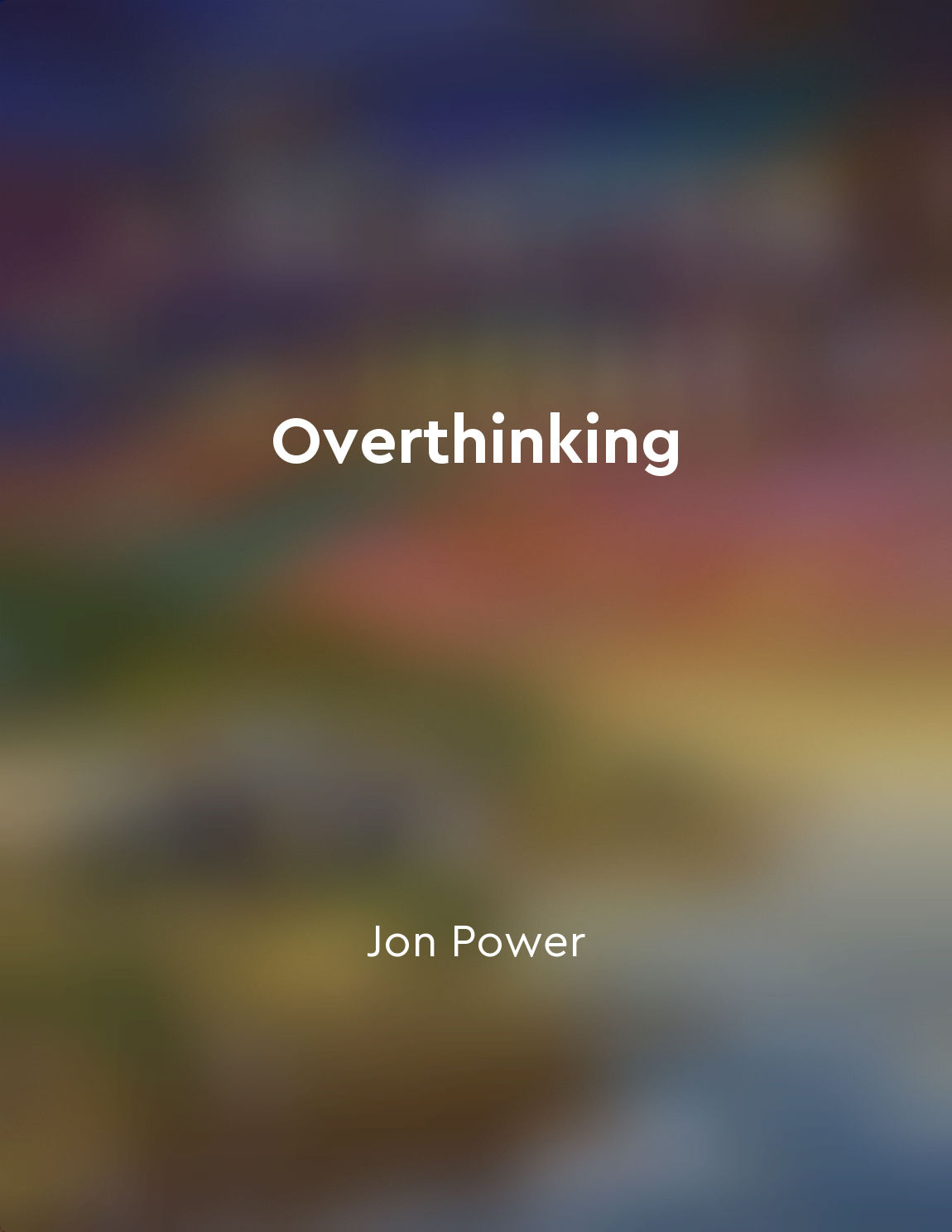Feeling constantly unsafe affects mental health from "summary" of The Coddling of the American Mind by Jonathan Haidt,Greg Lukianoff
The feeling of not being safe - both physically and emotionally - can have a profound impact on an individual's mental health. When a person is constantly on edge, anticipating danger at every turn, their stress levels skyrocket. The body's fight-or-flight response kicks in, flooding the system with adrenaline and cortisol, which can be exhausting and debilitating over time. This heightened state of alertness can also lead to hypervigilance, where the individual is constantly scanning their environment for potential threats. This can be mentally draining, as the mind is always on high alert, never able to fully relax or let its guard down. Furthermore, feeling constantly unsafe can erode a person's sense of security and stability in the world. When one's basic need for safety is not being met, it can create feelings of anxiety, fear, and insecurity. This can have a ripple effect on one's mental health, leading to symptoms of depression, anxiety disorders, and other psychological issues. In today's world, there are many factors that can contribute to this sense of constant unsafety. The rise of social media has created a 24/7 news cycle that bombards us with images and stories of violence, tragedy, and unrest. This constant exposure to negative stimuli can create a distorted perception of the world as a dangerous and threatening place. Additionally, the culture of "safetyism" - the belief that people are fragile and need to be protected from any kind of harm or discomfort - can actually be harmful to mental health in the long run. When individuals are shielded from all potential risks and challenges, they are deprived of the opportunity to build resilience and coping skills. This can lead to a decreased ability to handle stress and adversity when it inevitably arises.- Feeling constantly unsafe can have a significant impact on mental health, leading to increased stress, anxiety, and a diminished sense of well-being. It is important for individuals to cultivate a sense of safety and security in their lives, while also recognizing the importance of facing challenges and building resilience in order to promote long-term mental health and well-being.
Similar Posts
Understanding your body's cues can help you make better food choices
To improve your eating habits, you need to pay attention to your body's signals. Your body is constantly sending you messages a...
Behavioral experiments can test the validity of anxious beliefs
Behavioral experiments provide a powerful method for testing the validity of anxious beliefs. These experiments involve creatin...
Consistent and fair discipline builds trust and security
Consistent and fair discipline is a key element in building trust and security in the parent-child relationship. When parents c...

Building selfconfidence can prevent manipulation
When you lack self-confidence, you become an easy target for manipulators. They can sense your vulnerabilities and use them aga...
Mental health should be a top priority for overall wellness
In our quest for good health, we often focus on physical fitness and nutrition, overlooking the crucial role of mental health. ...

Building resilience is essential in combatting overthinking
To overcome the plague of overthinking, one must cultivate resilience. Resilience acts as a shield, protecting the mind from sp...

Embracing imperfection can reduce overthinking
Perfectionism is often seen as a virtue in our society. We are taught from a young age to strive for perfection in everything w...
Safe people offer honesty and truth
Safe people are those individuals who have the courage and integrity to be honest and truthful in their interactions with other...


